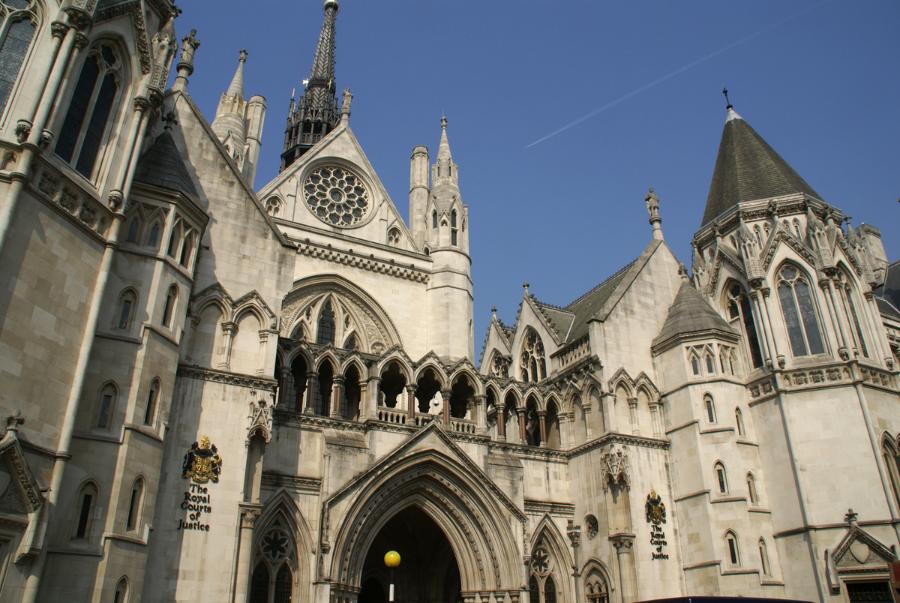New research has found that the abolition of majority verdicts was intended to reduce the influence of ethnic minorities and ‘labouring classes’ on the justice system. Although the widely accepted narrative for abolishing the requirement for juries to agree unanimously was to prevent ‘nobbling’ or corruption, this is refuted by a new report from legal charity APPEAL.
Majority verdicts in England and Wales have not been widely scrutinised since they were introduced by an act of Parliament in 1967. This study, ‘Majority Jury Verdicts in England and Wales: A Vestige of White Supremacy?’ was initiated since revelations in the US that majority verdicts were strategically introduced in order to both silence minority votes and increase convictions for more free prison labour. This came to light in the wake of Reginald Reddick being found guilty for second-degree murder, despite acquittal votes by two jurors in the landmark 2020 Ramos v Louisiana case.
Apart from uncovering little evidence which suggested that ‘nobbling’ was widespread, written evidence from many civil society organisations, bodies, departments, and individuals showed that there were plenty of expressed concerns about a decline in the quality of the pool of jurors when more of them came from different racial and class backgrounds. In the past, various MPs from the House of Commons supported the majority verdict for this reason. For example, former Conservative MP Charles Fletcher Cooke said that there was ‘no logical defence for the homogenous jury pool’, and the majority verdicts were an ‘inevitable response to juror diversity’.
Nisha Waller, a racial justice researcher who co-authored the report said: ‘The references to women, racialized minority people and the working class as less capable of performing jury service are not prejudicial comments of the past – they are a relic in today’s jury system.’
‘While juries are hailed as the fairest component of the legal system, restrictions on doing research with real juries in real cases prevents a definitive assessment of their fairness.’
Winston Trew, an expert adviser to the project who was previously wrongfully convicted due to racist policing responded to the findings: ‘ have since wondered whether the 10-2 majority verdict was the result of the two black jurors on our jury not accepting the police’s untrue version of events… I suppose I’ll never know for sure.’






